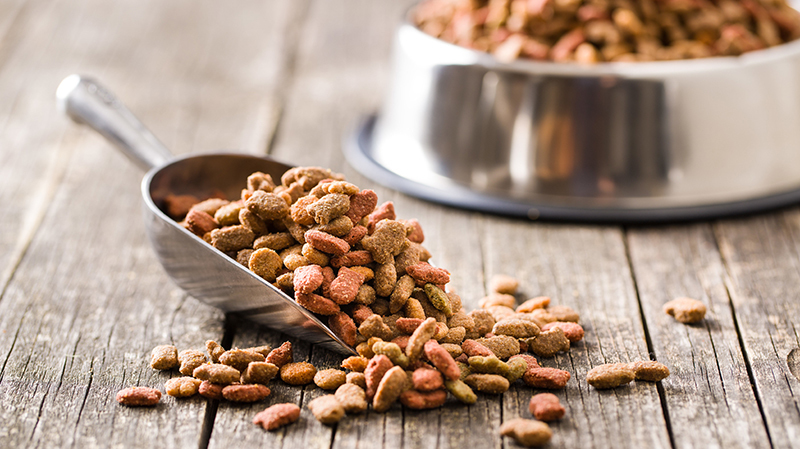Owners should weigh their pet and food to reduce obesity

How often do you weigh your pets? A leading British Veterinary body thinks you should monitor the bodyweight of pets more often to combat pet obesity.
The British Small Animal Veterinary Association has also said that pet food should be weighed out before consumption to help to prevent health problems in our pets.
In a recent story, which you can read here, BSAVA president Susan Dawson said: “Because obesity can cause serious health and welfare problems for companion animals, the BSAVA strongly recommends bodyweight and body condition are monitored regularly, and diets modified to maintain a healthy weight.”
In a World Obesity Day release linked to animals, it was reported that 60% of animal vets cited obesity of pets as their biggest concern. This echoed research carried out by Marsden, where we discovered that 58% of pets seen by vets were actually overweight. And most vets felt that to help curb the pet obesity epidemic, pets should be weighed monthly. Our survey followed a University of Liverpool report.
Pet obesity is the number one issue facing vets, according to the People's Dispensary for Sick Animals (PDSA).
Animal owners should follow guidelines on the amount of food they should be consuming – often this is stated on the pet food packaging.
The BSAVA has said that owners are responsible for the weight of their pet and has accused owners as “killing pets with kindness” in their report. One respondent to the Marsden survey was particularly concerned that owners’ ‘feel bad’ for not giving their pets treats.
British Veterinary Association president Gudrun Ravete agreed: “Obesity is a potential killer for pets and we know more practices are seeing overweight animals coming through their doors. Many owners show love for their pet through food, but often this is a case of killing with kindness – most animals would instead enjoy playing or interacting with their owner just as much as getting a treat.”
How serious is the pet obesity epidemic? We’d love to know your thoughts in the comments section below.
Marsden Solutions
For weighing pet food, the Marsden B-450 has high accuracy to 0.1g and is powered by rechargeable battery so it can weigh anywhere.
With weighing of pets encouraged in the report, we have produced a veterinary scales guide in order to ensure you have the best weighing solution for your pet.
For large pets, the Marsden V-150 has a high 300kg capacity and accuracies to 50g. The scale is used in veterinary surgeries nationwide, and in the famous Battersea Dogs and Cats Home.
The Marsden V-100 is our best selling veterinary scale. Ideally for medium sized pets including cats and dogs, the scale is robust and is highly accurate. You can see many stories of how pet businesses utilised the V-100 by visiting our case studies page.
For smaller pets, the Marsden V-22 is lightweight, portable and easy to use. Perfect for cats, rabbits and guinea pigs it has accuracy to 5g and a bright LCD display.
You can see our full veterinary scales range here. For any help is finding the right veterinary scale for you, call us on 01709 364296 or contact us here.